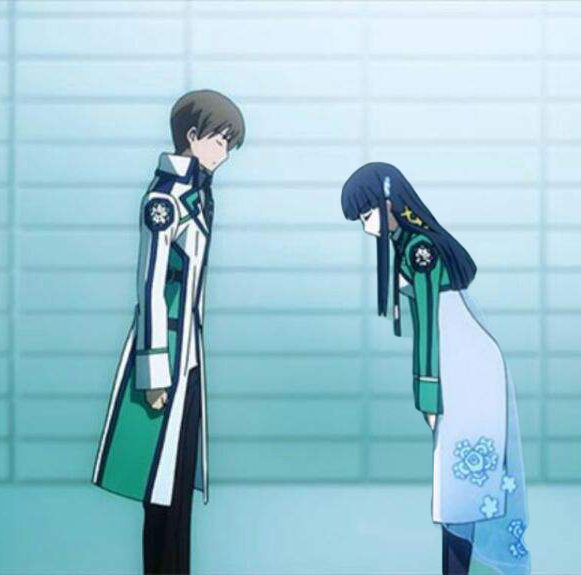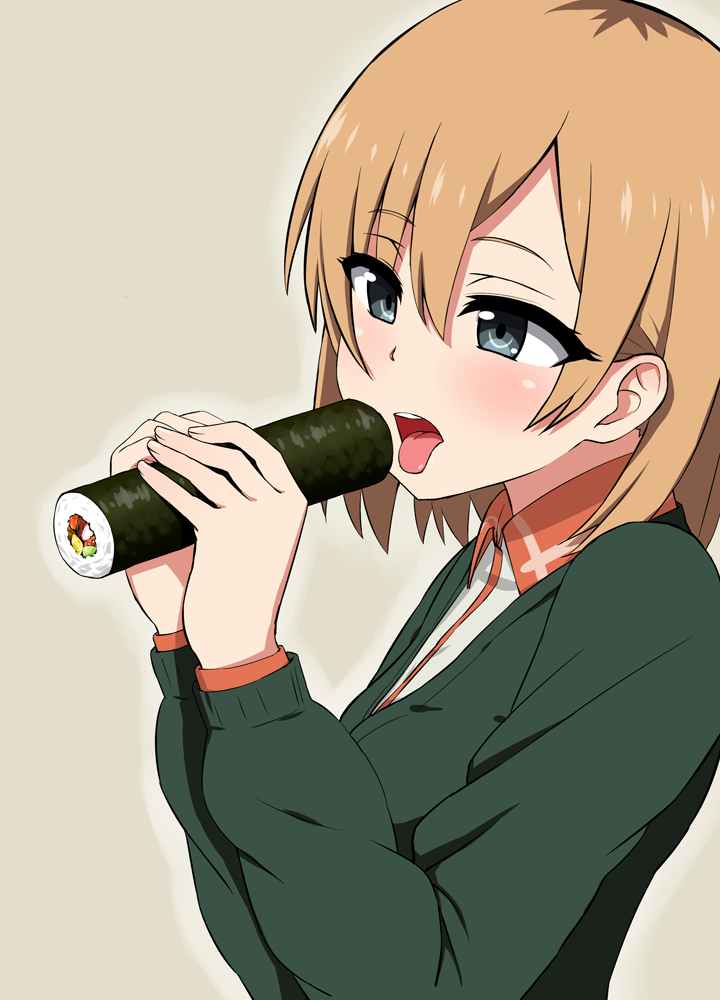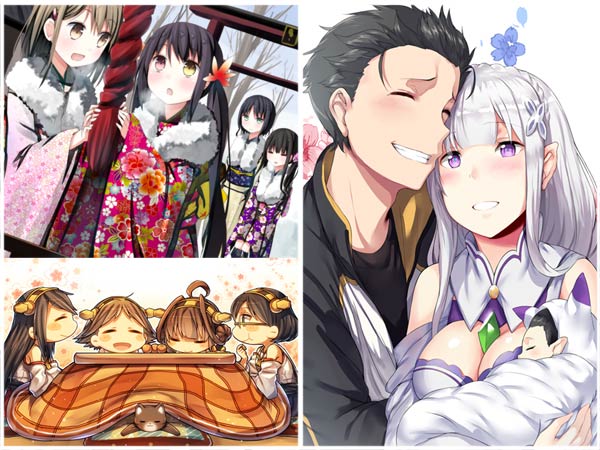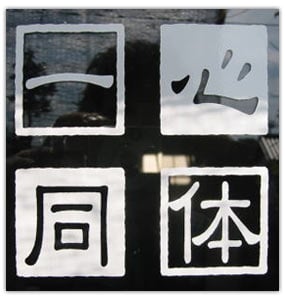One odd thing about learning a foreign language is that you observe things native speakers might not notice. For example, for some reason I was explaining the meaning of a Cesarean Section birth to my kids, which is called teioh sekkai or “Emperor-King Cutting Open” in Japanese, in case you ever wanted to know. My wife said, “I’ll bet the word ‘scissors’ comes from the same root word as Ceaser,” which was something that had never occurred to me, and may well be correct, for all I know. A common word for “boy” in Japanese is seinen, written with the characters for “blue” and “year,” which seemed quite random to me. Then one day I remembered the odd blue spot that all Japanese children are born with on their buttocks called the Mongolian Spot, which fades away around the age of five. I was sure that the etymology of “blue-year” meaning “boy” had to be related to this blue spot, which (as the J-List staff told me) is something that no Japanese would ever have thought of (and which they thought sounded like an accurate idea).
Hmm, Julius Scissors…I can totally see a hairdresser using that name. I’d better trademark it just in case.
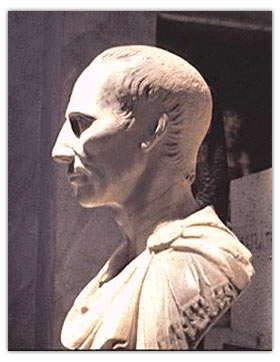
Julius Caesar’s famous name related to the word “scissors”?


